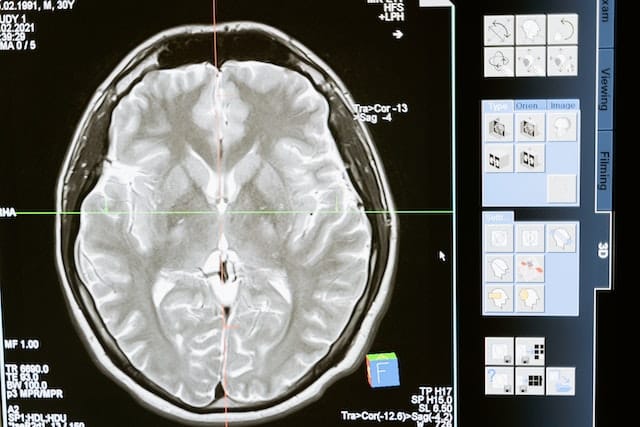What are biologic drugs and how are they being used to treat Alzheimer's disease?
There are different modalities of drugs, delivered in different formats, that work in different ways. One type of drug you may encounter often is the small molecule drug. These tiny chemical compounds that affect the body’s tiny protein machinery, packaged into easy-to-ingest pills and capsules. Then there are larger molecule drugs. Some of these fall into the category of biologics.
Biologics — which might also be referred to as biopharmaceuticals or biological medical products — are a type of pharmaceutical drug created from biological sources, like proteins or other large, complex molecules extracted from living organisms, blood, or cells in a dish. Because they are made of living cells, they’re typically more expensive than small molecule drugs. They may also more complicated to store, distribute, and administer: People prescribed biologics will need to make regular visits to a specialty clinic or doctor’s office to receive the drug via infusion or injection.
In the landscape of Alzheimer’s treatments, biologic drugs are being developed to try to train the body and brain to keep Alzheimer’s in check. Monoclonal antibodies that target beta-amyloid or tau proteins are biologics. Right now, there is one biologic approved for Alzheimer’s disease — Leqembi — but there are several more in the drug development pipeline.
There are also a number of vaccines for Alzheimer’s — vaccines designed to prevent or slow disease progression by teaching the immune system to recognize biomarkers like amyloid or tau — that fall into this biologics category.
Antibody biologics for Alzheimer’s
Antibodies are a type of biologic that is designed to stick to a very specific part of a protein. Most antibodies are designed to stick to toxic amyloid or tau proteins and recruit the immune system to clear them from the brain.
Antibodies that target beta-amyloid (called anti-amyloids) — including remternetug and trotinemab — are entering phase 2 and 3 clinical trials. Donanemab is the furthest along: It’s up for FDA review this year.
Antibodies that target tau tangles (called anti-tau) are a little further behind in development. Jannsen is furthest along — its anti-tau antibody is currently in a Phase 2 trial that is slated for completion in 2025.
Some drug companies are designing antibodies that target protein receptors on immune cells. The goal is to activate the immune cells to provide broad protection against Alzheimer’s pathology. These antibodies are a little further behind in development.
Several drug companies are currently in the final phases of clinical trials testing antibodies that target amyloid, tau, and proteins found on top anti-amyloid and anti-tau antibodies. Once it sticks to the protein, it recruits the immune system to clear them.
Vaccine biologics for Alzheimer’s
Vaccines are small bits of proteins, like amyloid or tau, that kickstart the body’s immune system so that it can produce its own antibodies.
Several vaccines that train the immune system to clear out amyloid or tau are also being developed. These include UB-311 and ABVac40, which have completed Phase 2 trials — all further efforts to find ways to slow the progression of Alzheimer’s disease, rather than just treat its symptoms.




So glad these are being looked into to help our families and more!
Thank you for being here, Kenneth!